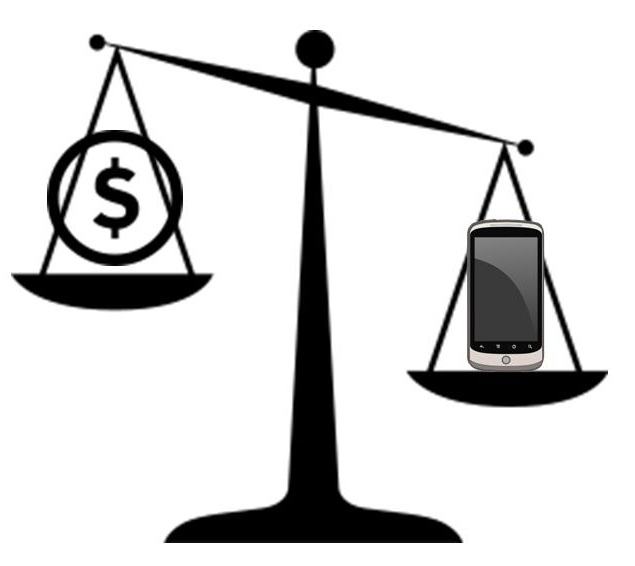 Mobile commerce could lose traction as byproduct of new legislation
Mobile commerce could lose traction as byproduct of new legislation
It is not unusual to see businesses get involved in U.S. politics for one reason or another, but eBay is one of the companies that has avoided this involvement in the past. This is due to the fact that there are relatively few laws in the U.S. that govern the world of e-commerce, as well as that of mobile commerce. The laws that do exist have helped create an atmosphere where companies and consumers can conduct business in a balance manner. A new legislation in the U.S. is causing eBay some concern, however, and may even put a damper on the company’s interests in mobile commerce to some degree.
eBay moves to fight Marketplace Fairness Act
eBay CEO John Donahoe has taken issue with legislation known as the Marketplace Fairness Act. Donahoe claims that this legislation will put unfair burdens on all small online merchants. The legislation is designed to provide states the authority to compel online retailers to collect sales tax, even if that retailer is not based within the boundaries of a particular state. Currently, states only impose this authority on physical merchants doing business within state borders. Donahoe claims that the legislation will make it very difficult for online merchants to do business and could severely limit their ability to cater to a large, national market.
Retailer taps users to combat legislation
Donahoe has sent out emails to eBay’s 40 million users, asking for support in opposing this legislation. The legislation could potentially have a significant impact on the mobile commerce space, as it is designed specifically to address issues that exist in e-commerce. Mobile commerce is becoming increasingly popular among consumers, with many favoring to shop online and purchase products using their mobile devices rather than their computers.
Sales tax may make mobile commerce less popular
Imposing a tax on online sales without recognizing any jurisdictional boundaries may make it extremely difficult for mobile commerce to find a significant level of growth in the coming years. One of the reasons mobile commerce is so popular in the U.S. is tied directly to the popularity of e-commerce. That is that state-based sales tax is not collected through purchases made online from digital retailers.

